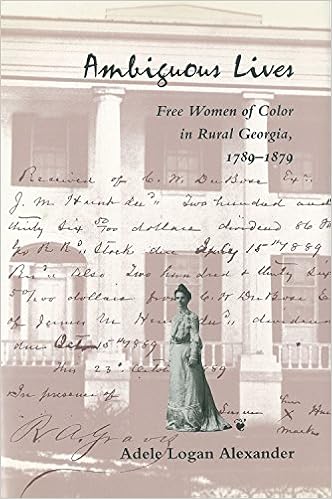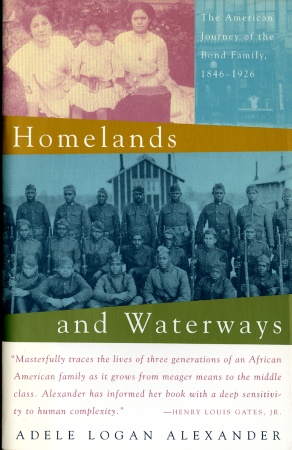Race and the “One Drop Rule” in the Post-Reconstruction SouthPosted in Anthropology, Articles, History, Media Archive, Passing, Social Science, United States on 2010-02-25 20:25Z by Steven |
Race and the “One Drop Rule” in the Post-Reconstruction South
Renegade South: Histories of Unconventional Southerners
2009-03-17
Victoria E. Bynum, Emeritus Professor of History
Texas State University, San Marcos
Many people, perhaps most, think of “race” as an objective reality. Historically, however, racial categorization has been unstable, contradictory, and arbitrary. Consider the term “passing.” Most of us immediately picture a light-skinned person who is “hiding” their African ancestry. Many would go further and accuse that person of denying their “real” racial identity. Yet few people would accuse a dark-skinned person who has an Anglo ancestor of trying to pass for “black,” and thereby denying their “true” Anglo roots!
So why is a white person with an African ancestor presumed to be “really” black? In fact, in this day of DNA testing, it’s become increasingly clear that many more white-identified people have a “drop” or two of African ancestry than most ever imagined. Are lots of white folks (or are they black?) “passing,” then, without even knowing it?..
Read the entire article here.



